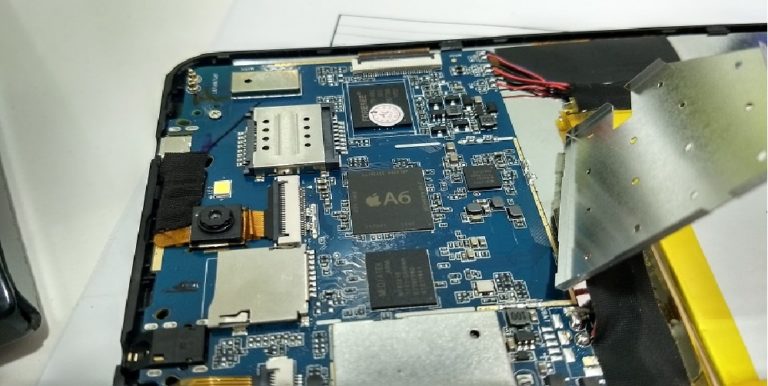
As industries grapple with a global shortage of chips, the European Union is seeing it as a chance to tie up loose ends of the bloc’s chip production. The EU is on a mission to form new alliances with big names in the semiconductor industry to meet its 2030 goals.
COVID-19 pandemic-induced strains threw the world of technology into chip shortage, which has seen the auto, smartphone and internet-based technologies cutting down production. To the European Union, it is an ample opportunity to close the existing wide gap between the bloc and other regions in semiconductor manufacturing.
The bloc is considering creating a semiconductor alliance including STMicroelectronics, NXP, Infineon and ASML to cut dependence on foreign chipmakers amid a global supply chain crunch, Reuters reported, citing four EU officials familiar with the matter.
Tekedia Mini-MBA edition 14 (June 3 – Sept 2, 2024) begins registrations; get massive discounts with early registration here.
Tekedia AI in Business Masterclass opens registrations here.
Join Tekedia Capital Syndicate and invest in Africa’s finest startups here.
The plan, which is at a very preliminary stage, may include a pan-European scheme known as an Important Project of Common European Interest (IPCEI), which allows EU governments to pump in funding under easier state aid rules, and companies to work together on the entire project, the sources said.
The report said It would complement or come as an alternative to a possible foreign-funded factory, with the aim to double the EU’s market share in semiconductors to 20% by 2030, a target set out by European internal market chief Thierry Breton.
In March, the EU unveiled a plan named Digital Compass, designed to set the 27 country bloc on the path of making its first quantum computer in five years.
“It is our proposed level of ambition that by 2030 the production of cutting-edge and sustainable semiconductors in Europe including processors is at least 20% of world production in value,” a document from the bloc said in March.
These moves beckon hope of Europe, less dependent on other regions for chips. Compared to other regions, Europe is the least market in the semiconductor industry. The United States, although has recorded a drop to 12% since 1992, still leads the industry, followed by China who recorded over $13 billion in market value last year.
The EU Commissioner had a meeting with Intel CEO Pat Gelsinger on Friday, in an attempt to persuade the leading chipmaker to site a major fabrication plant in the bloc.
Gelsinger said EU leaders needed to invest to ensure a vibrant semiconductor industry to enable competitiveness that will drive a semiconductor industry that will take on Asian rivals, a point Breton admitted after his meetings with semiconductor business heads on Friday.
“To meet current & future semiconductor industry demand, Europe will drastically increase production capacity – both on its own and through selected partnerships to ensure security of supply,” said Breton.
Gelsinger is also prospecting for a location for a plant in Europe that he says would back Breton’s goal of doubling the region’s share of global chip output to 20% over the next decade.
But on the contrary, Taiwan Semiconductor Manufacturing Co (TSMC) is not interested in building a plant in the EU, diplomats and Taiwanese officials said.

Breton held talks earlier on Friday with TSMC, the world’s No.1 chip maker, as part of the EU’s Commission partnership efforts.
But industry and diplomatic sources say that, of the Big Three chipmakers, Intel is the only one so far to express concrete interest in Breton’s goal of producing the most advanced chips in Europe.
The Commission said Breton would hold further talks on May 4 with the CEOs of two Dutch semiconductor players: ASML, the leading maker of semiconductor lithography tools, and with chipmaker NXP.
On his stop in Germany during his European tour, German Economy Minister Peter Altmaier and Bavarian governor Markus Soeder assured Breton of their support, saying Germany would be a suitable location for a potential European foundry.
“We think of Germany as a good candidate – not the only, but a good candidate – for where we might build our fabrication capabilities,” he said.
Breton and other European leaders believe it’s time for the bloc to exert leadership position in semiconductor manufacturing, a move that will boost the region’s production capacity.
“To be leaders not followers, EU industry requires urgent, ambitious action on digital technologies such as semiconductors, cloud, quantum, space connectivity & batteries,” Breton tweeted on Thursday following his meeting with Altmaier.



